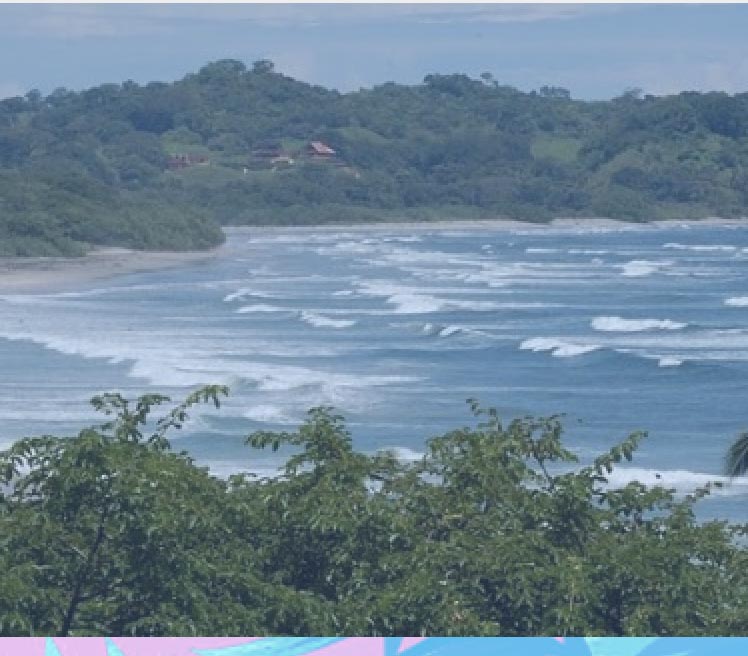With border controls getting tighter in many parts of the world, should perpetual tourists in Costa Rica worry about their legal status?
In 2015, the exacerbation of the European refugee crisis prompted some countries to implement strict border controls that had not been enacted in decades. Later, terror attacks in Europe and the United States prompted airports and seaports around the world to tighten their vigilance.
Costa Rica saw its own share of situations that prompted concerns at the border. From Syrians entering the country with fake passports to Cuban migrants being denied passage by Nicaragua, Costa Rica was forced to increase vigilance at the border crossing points in Peñas Blancas and Paso Canoas, which happen to be frequently used for visa runs by North American and European tourists who wish to extend their vacations in our country.
Now that the entry points in Costa Rica are subject to greater scrutiny due to security concerns, it is a good time for perpetual tourists to think about their long-term plans in our country. Immigration rules are more likely to change whenever situations such as the ones described above occur. This is when legislators who do not have a friendly opinion about perpetual tourism begin to suggest amendments to the status quo.
Most foreigners who engage in long-term perpetual tourism in Costa Rica are not aware that residency options extend well beyond marriage to a citizen or have a Costa Rican child. Once a foreigner starts his or her residency process in Costa Rica, he or she does not have to leave the country every 90 days, therefore saving time and money by not having to endure visa runs.
When a request for legal residency is submitted to the Immigration Direction in Costa Rica, applicants are given a file number that identifies them as going through the process. This means no longer having to exit the country every three months on visa runs. Requests are approved approximately after 15 months, as long as all the requirements are complete; the only snags in the process come from extensive criminal backgrounds.
Residency applicants should take into consideration that their driver´s license will only be valid for the period that their tourist visa is valid for, therefore, if they want to drive while they wait for their residency to be approved, they will have to continue to do border runs or not drive. Once they become residents, they can apply for the C.R. driver´s license.
If you would like more information about legal residency options in our country, please give us a call 2682-0075 or send us an email to info@lawxpertscr.com


